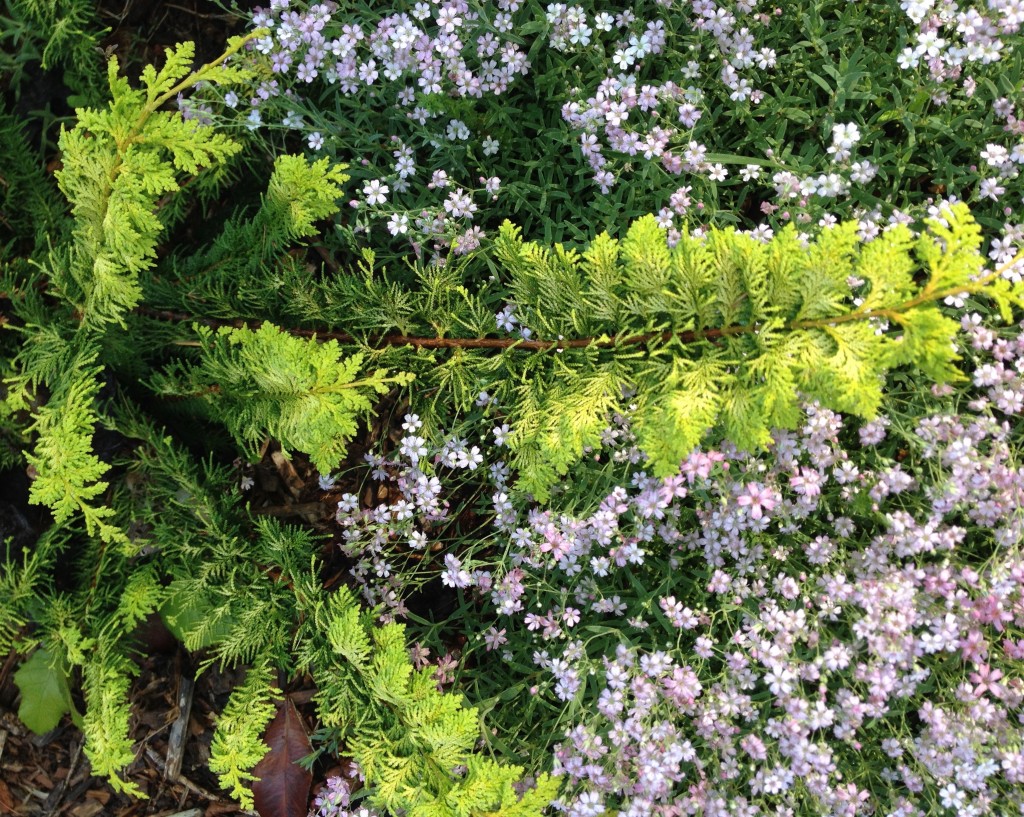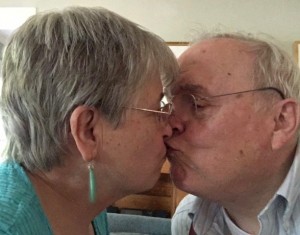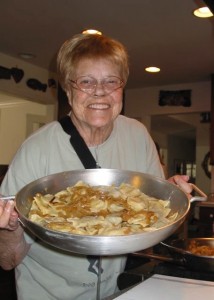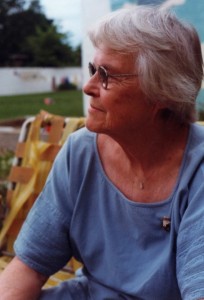I envision my life journey as walking across a balance beam. I’m dressed in a black leotard and pink tights. My arms are outstretched, I slowly place one bare foot in front of the other as I make my way along the beam. At times I glide along without fearing that I’ll fall into the unknown. A few steps later my arms are flailing and fear clutches at my heart, as I struggle to stay in place. It’s as if a strong storm has suddenly come up with gale force winds. I need to find a way to stay where I am. But then just as suddenly it stops and once more I move easily along the beam with confidence and grace. This is my life. And it repeats over and over again.
Sometimes the storms are stronger than at other times. Sometimes the earth quakes beneath me. Sometimes I fall and since there is no net or cushion on the ground beneath me, my bruises are terribly painful. Sometimes they heal very quickly other times, not so much. Unless I pick myself up and get back on the beam I could find myself living an aimless life, afraid of my own shadow.
Life is filled with good, bad, ugly, and beautiful. I know of people who spend their lives with the bad and the ugly. I’ve been there myself. They never make an effort to walk beyond their prison gates, staying where they feel safest. They fear what is beyond their immediate perceptions, keeping themselves locked and secure against what could be a monster seeking its prey. They miss the sunshine, the sound of water falling over a bed of rocks, the soft summer breeze that causes the ferns and flowers to dance, and the sound of bees buzzing in the garden. Of course there are gray days, but even in the darkest times when the sun can’t find a way through the clouds, I try to take heart knowing the rain will make the flowers flourish. And I can watch the way snowflakes pile up on the leafless branches of trees, blanketing my world with the stuff of snowmen and the thrill of sledding down steep hills.
Everyone has good days and bad days. And if we don’t take risks and walk out beyond the four walls that contain us, we will live forever in a darkness of our own making. When I have a bad day I try to take comfort in small things that will see me through to the next sunny one.
I cuddle and talk with my dogs.
I go for long, slow walks, allowing myself to adjust to the pulse of the neighborhood. I wave and smile hello to everyone I meet. Even those I don’t know.
I pick or buy myself a bouquet of flowers.
I listen to music. George Gershwin’s Rhapsody in Blue, will lift me up every time I hear it and before long I’m swinging from beams of sunlight.
I’ll cook something delicious. Eggplant parmesan is one of my favorite things. And ice cream, especially the creamiest available, always gives me a shot in the arm. But I don’t keep it in my house. If I need it, I go to my local Ben & Jerry’s and order one or two scoops of whatever flavor takes my fancy. And just stopping what I’m doing and getting out can wake me up to all sorts of possibilities.
A good hot soak in the tub to which I add drops of lavender essential oil and epsom salts that pull the toxins out of my body helps me relax while the storms of life rage on.
When I’m very tired I take a nap, and wake refreshed a while later, feeling ready to take on the world again.
Life happens. Besides taking care of myself, I need to sit at my desk and find words to fill the empty screen in front of me. There is the laundry to do, and a note of condolences to write to a friend who just lost her husband. I need to straighten out a billing problem, and the refrigerator needs cleaning out. There are every day survival things I must take care of. But if I take care of myself balance becomes easier.
The astounding thing is that the more I take care of what my mind and body needs in any given moment, the easier it is to keep myself on the beam.
How do you balance your life?






